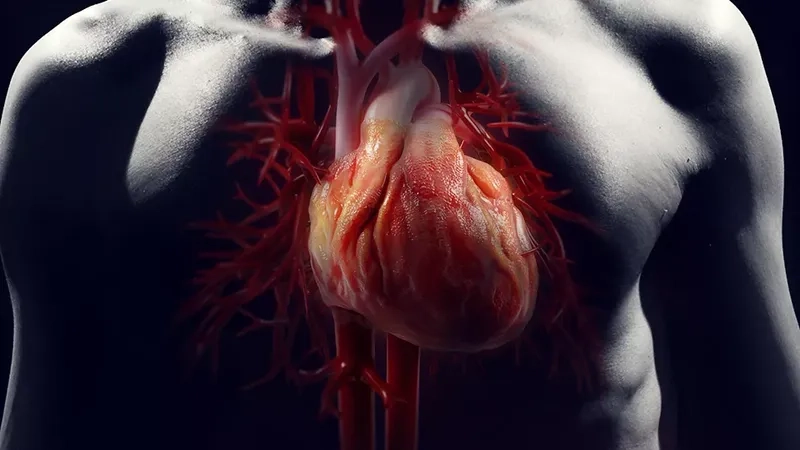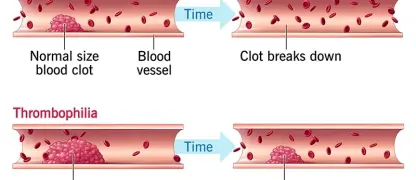That sharp chest pain could be more than just a muscle strain. Understanding pericarditis, an inflammation of the sac around your heart, is crucial for getting the right diagnosis and care. Don't ignore symptoms that could signal a serious heart condition.
What are the main causes of Pericarditis?
- What is pericarditis? It is an inflammation of the pericardium, the thin sac surrounding your heart, which can become irritated for various reasons.
- Common causes of pericarditis include viral infections, autoimmune disorders like lupus, and complications following a heart attack or heart surgery.
- In many cases of acute pericarditis, the most common form of the condition, a specific cause is often difficult to identify.

Key symptoms of Pericarditis to watch for
- The most common of all pericarditis symptoms is a sharp, stabbing chest pain when breathing deeply, which may improve when sitting up.
- You might also experience a low-grade fever, general weakness or fatigue, a dry cough, and shortness of breath while lying down.
- A serious complication is pericardial effusion, an excess fluid buildup around the heart that requires immediate medical attention.
How is Pericarditis treated and managed?
- The primary pericarditis treatment is often anti-inflammatory medication, such as NSAIDs or colchicine, along with rest to reduce inflammation and pain.
- For chronic pericarditis or recurrent cases, stronger medications may be needed, and sometimes a procedure to drain excess fluid is performed.
- Distinguishing between pericarditis vs myocarditis is crucial, as is managing complications like constrictive pericarditis, a long-term scarring of the pericardium.
>>> Don't miss: Valvular heart disease – symptoms and management
Image of the disease Pericarditis - illustrating pericardial effusion







>>> See more: Aortic aneurysm – signs, risks and treatment
While most cases of acute pericarditis are mild and resolve on their own, a proper diagnosis is essential. If you have sharp chest pain, seek immediate medical care to rule out other serious conditions.
>>> Add more knowledge: Myocarditis – causes, symptoms and treatment





